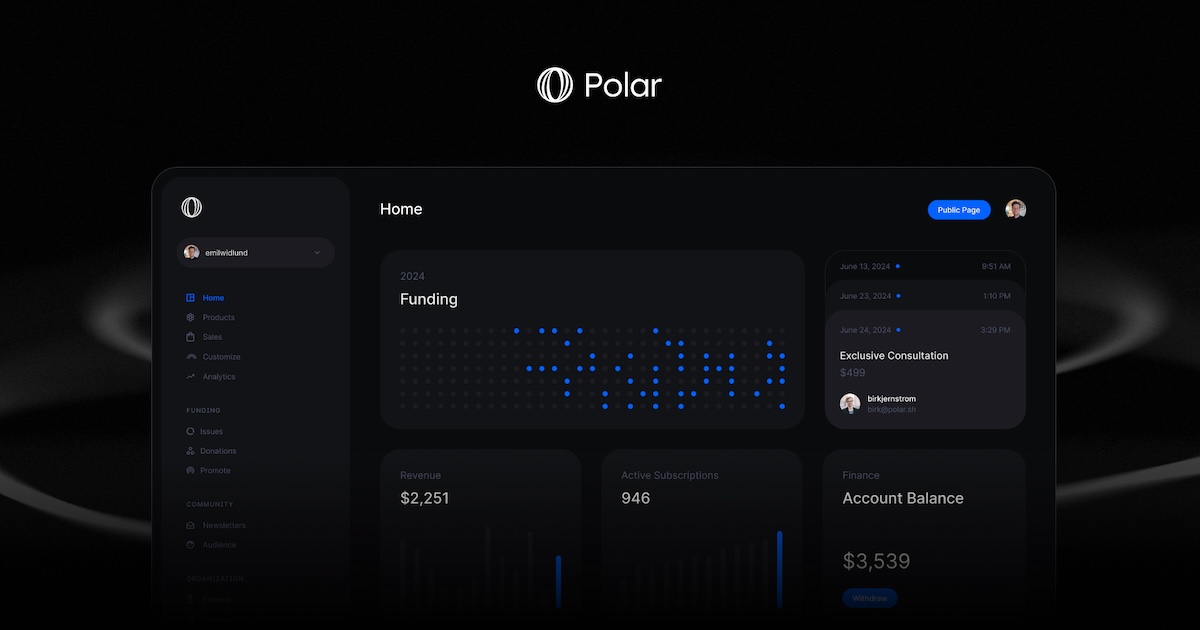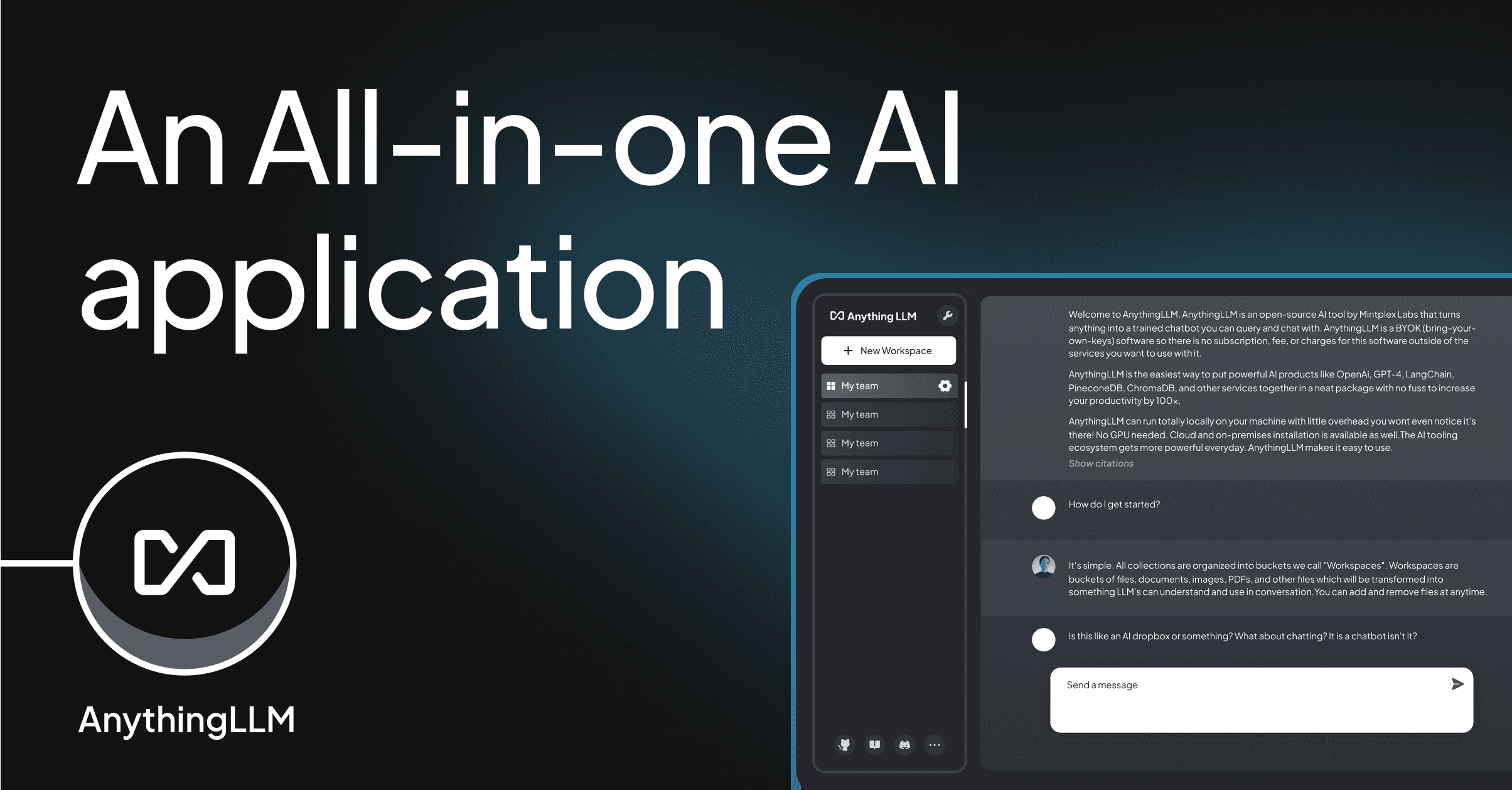Good morning. It’s Friday, September 6th.
Did you know: On this day in 2008, the GeoEye-1 Earth-imaging satellite was launched. Google had purchased rights to use imagery created from the satellite, and their logo was placed on the side of the rocket used to launch it into space.
In today’s email:
ChatGPT’s next model may reach $2,000/month
Ex-OpenAI scientist raises $1B for AI startup
OpenAI's GPT-5 could have 3.5 trillion parameters
Quantum processor achieves 99.9% qubit fidelity
3 New AI Tools
Latest AI Research Papers
You read. We listen. Let us know what you think by replying to this email.
In partnership with 1440
Receive Honest News Today
Join over 4 million Americans who start their day with 1440 – your daily digest for unbiased, fact-centric news. From politics to sports, we cover it all by analyzing over 100 sources. Our concise, 5-minute read lands in your inbox each morning at no cost. Experience news without the noise; let 1440 help you make up your own mind. Sign up now and invite your friends and family to be part of the informed.

Today’s trending AI news stories
A Better ChatGPT Could Be Much More Expensive
OpenAI is contemplating a steep price hike for its upcoming ChatGPT models, with rumors of potential fees soaring to $2,000 per month. This drastic measure is driven by the hefty costs of operating ChatGPT, particularly due to its large number of free users and the development of advanced models like Strawberry and Orion. Strawberry is expected to require extensive computing time and is currently used to generate training data for the Orion model.
The proposed price hike indicates OpenAI's confidence that its technology offers substantial value to businesses, potentially justifying costs comparable to human labor.
Meanwhile, ChatGPT Enterprise has surpassed 1 million paying users, reflecting its growing adoption across enterprise and educational sectors, with significant presence beyond the U.S., in countries like Germany, Japan, and the UK. Read more.
Ex-OpenAI scientist Ilya Sutskever's new AI company raises $1 billion for superintelligence
Ilya Sutskever, co-founder of OpenAI, has secured $1 billion for his latest venture, Safe Superintelligence (SSI), which is now valued at $5 billion. Rather than chasing industry buzz, SSI’s CEO, Daniel Gross, is looking for talent uninterested in the "scene" to help power up its computing infrastructure.
Backed by heavyweights like Andreessen Horowitz and Sequoia, the company plans to take its time in research before releasing any products. Sutskever, known for his departure from OpenAI after raising concerns over its rapid commercialization, hinted that SSI will rethink the widely accepted "scaling hypothesis" in AI.
Unlike OpenAI’s steady rollouts, SSI is laser-focused on building secure superintelligence from the ground up. Read more.
OpenAI Hints at GPT-5's 3.5 Trillion Parameters
At Semicon Taiwan, speculation about OpenAI's next big leap, GPT-5, intensified after a Samsung executive unveiled an image suggesting the model could boast 3.5 trillion parameters—more than double GPT-4's 1.7 trillion. The image also hinted at a formidable 7000 B100 compute setup, hinting at a substantial performance boost. With such high-profile attention and increasing public chatter, the debut of GPT-5 seems just around the corner. Read more.
Record 99.9% qubit fidelity achieved by prototype quantum processor
IQM Quantum Computers has set a new benchmark in quantum processing with its prototype achieving an unprecedented 99.91% fidelity in two-qubit gates. This breakthrough, validated through interleaved randomized benchmarking, is pivotal for enhancing quantum entanglement and algorithm execution.
The company’s progress extends to impressive coherence times, with relaxation and dephasing times recorded at 0.964 ms and 1.155 ms, respectively. These metrics reflect the durability of quantum information in individual qubits. IQM attributes this achievement to the maturation of its fabrication technology, which is poised to support the next generation of high-performance quantum processors. Read more.
Etcetera: Stories you may have missed

5 new AI-powered tools from around the web

arXiv is a free online library where researchers share pre-publication papers.


Thank you for reading today’s edition.

Your feedback is valuable. Respond to this email and tell us how you think we could add more value to this newsletter.
Interested in reaching smart readers like you? To become an AI Breakfast sponsor, reply to this email!






